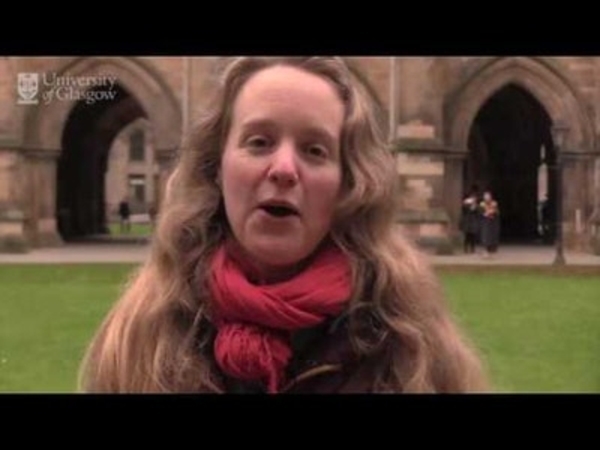Price:
2191 EUR
Contact
University of Glasgow
Description
##
This free online course will explore multilingual education and how it can impact and improve education and even wider society.
Understand why languages matter
Our languages are an essential part of who we are as human beings. They are instruments of communication and are often a source of dignity and of human pride. Our life experiences and views of the world are bound up in our languages. Our sense of self might be strengthened by our ability to speak the language we choose or curtailed by our inability to understand the language that speaks to us. Some scholars even say that the right to speak one’s languages should be established as an essential part of the right to be oneself. They suggest that this language right should be honoured in all forms of communication.
In this course, you will explore how people’s language practice, and the personal connection people have to the language(s) they speak, provoke important philosophical and pedagogical questions around the ways we form personal relationships, engage in business relations and even view the world around us.
Explore how languages challenge the way we live
English is the language of worldwide communication. Should this change? Should people’s personal language practices influence the way we communicate on a global scale? How might the claim for people’s language rights challenge the language arrangements in our societies? What is gained and what is lost from speaking just one language?
These are just some of the questions you will consider and during the course; there will be plenty of opportunities for you to share your experiences, so we can learn from each other.
In summary, during the course you will:
be introduced to different multilingual environments, consider what these mean for learning languages, and encounter some of the latest research in researching for working multilingually;
experience and critically evaluate the idea of active citizenship, discovering ways in which language minorities can be empowered through the equal treatment of all languages and cultures;
deepen your understanding of other languages and cultures through consideration of language rights, existing educational films and workshops developed through their practices;
and address the ways in which the creative and performing arts can help translate meanings and enhance understandings in multilingual environments.
You can follow the team behind this course on Twitter – @UoGMultilingua.
There are no prior requirements to join this course. As you prepare for it, you should start to consider the following:
What languages do you speak?
What kinds of arts do you yourself practice? For example, dance, music or visual art.
While the Educators themselves aren’t available to facilitate this run, we encourage you to engage with other learners and there are opportunities to do this throughout the course.
Specific details
Category of Education
Arts and Humanities







 How to resolve AdBlock issue?
How to resolve AdBlock issue? 


Comments (0)